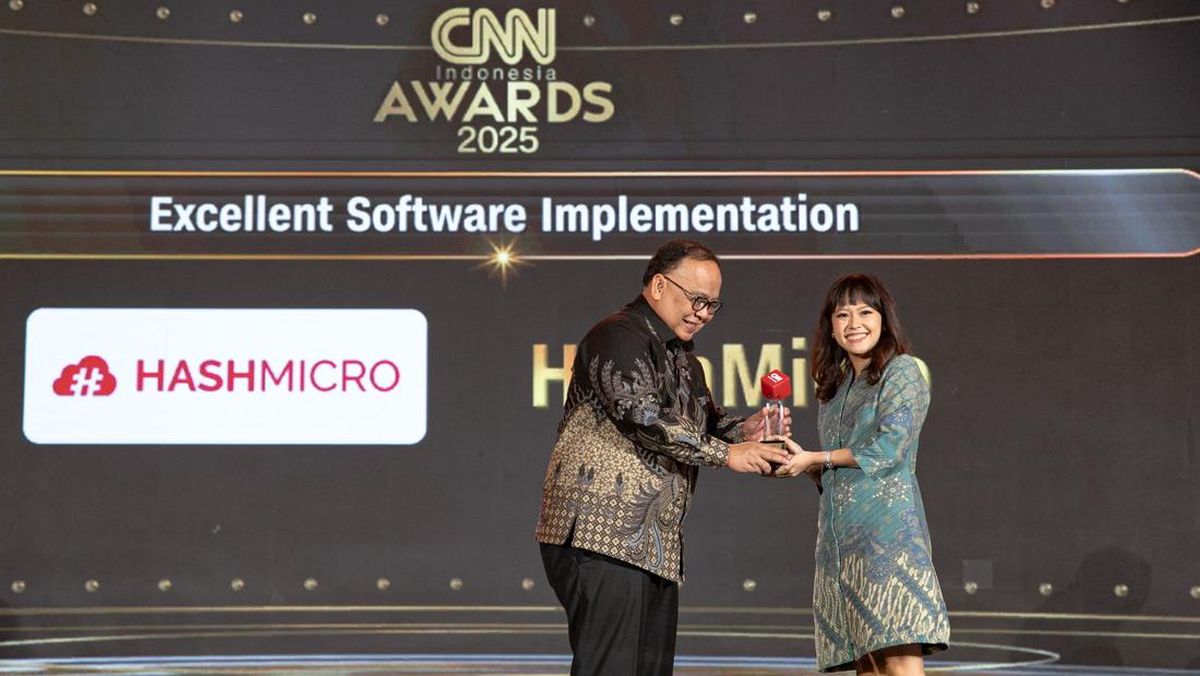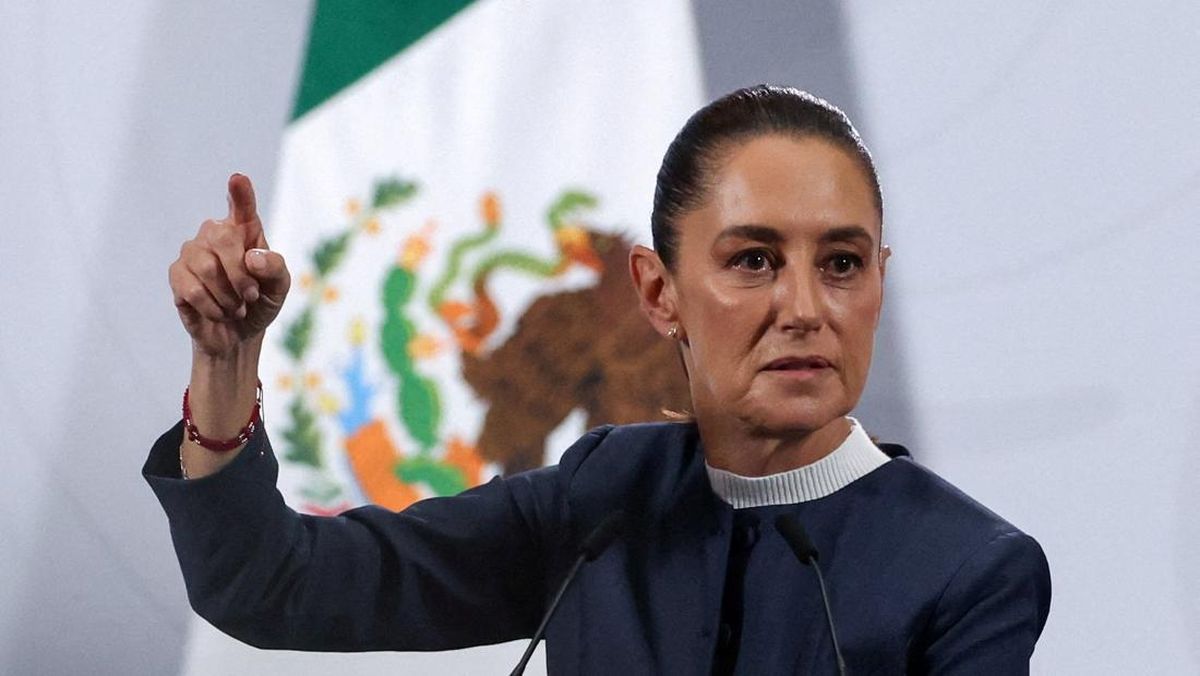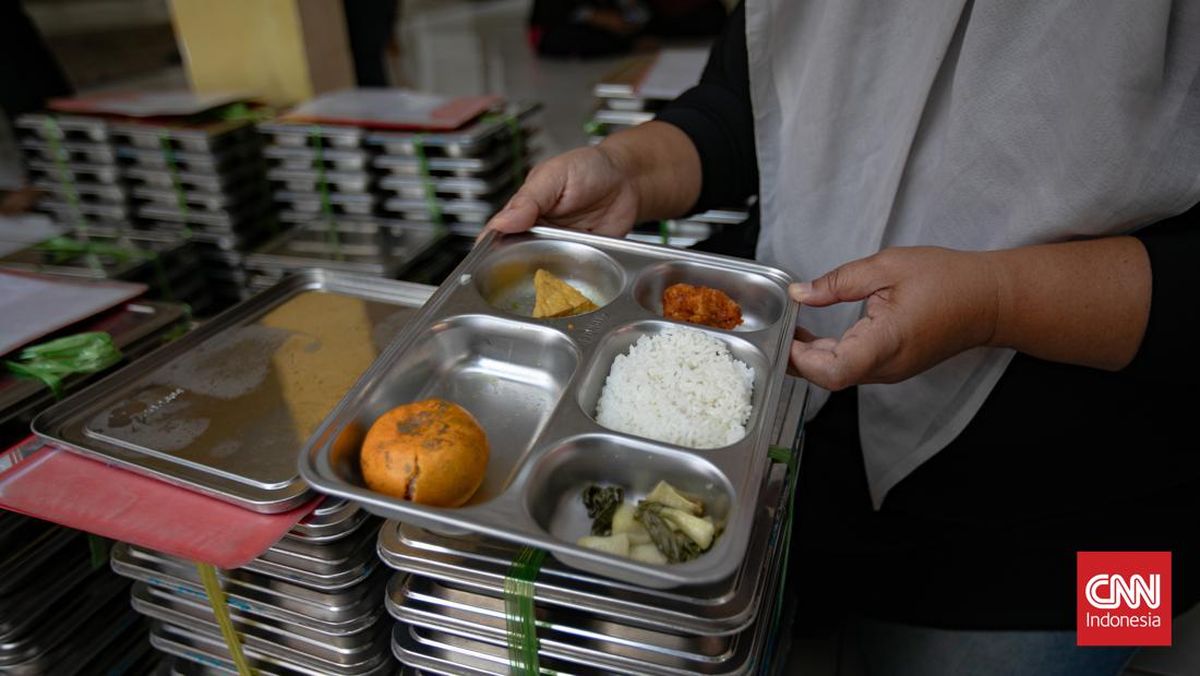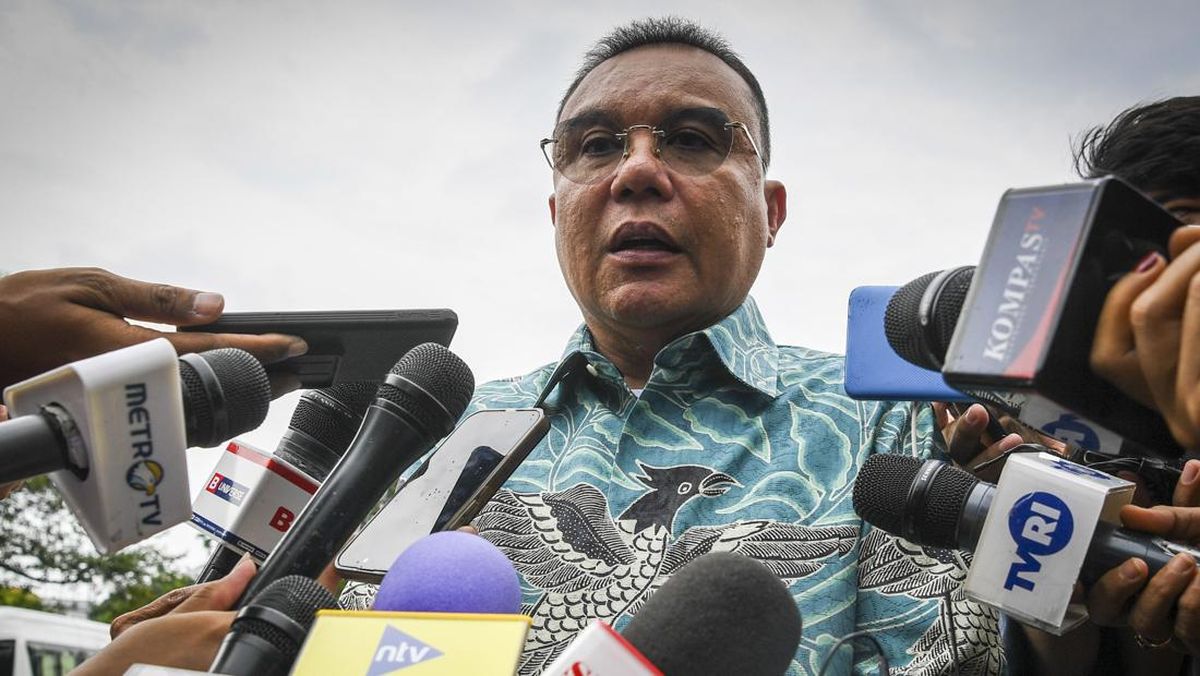Opinion
November 1, 2025 — 5.01am
November 1, 2025 — 5.01am
Hi Nicole, I have a friend who gave me an intriguing idea: contribute to your underage child’s super so they can withdraw it sooner than age 60 and use it as a house deposit, under the super for a house deposit scheme. It seems like a great way to help them get on the property ladder, given that super earnings are only taxed at 15 per cent and that you can now withdraw some for a deposit. I understand that parents can pay in on behalf of their kids, no problem. Have we found a loophole to give our kids a (cheaper) leg up onto the housing ladder? Ben
It’s not quite as you describe it, Ben. But your idea is not without merit. There are two opportunities in play here. The first is the little-known ability for minors to have super funds – and for their, if you like, “majors” to contribute to them.

The First Home Super Saver scheme is quite generous, but it comes with a lot of strict requirements.
What many people don’t realise is that anyone can open a super fund. Under age 15, you just need your parent/guardian’s permission. Then, said parents (or grandparents) can pay in on a child’s behalf, subject to the same contributions caps as adults.
However, note that these contributions will be taxed at 15 per cent (only member or spouse contributions can be truly made after tax) – a kind of double taxation as you will have already paid tax on the money if it’s earned income.
For this reason, it may be better to pop the money in the child’s bank account for them to contribute themselves. In any case, this is a great way for older generations to shore up the future for their young ones.
Now, the second super opportunity you speak of, Ben, is super for housing via the First Home Super Saver scheme (FHSS). This lets people build their first home deposit in the tax advantaged super environment, up to $15,000 a year (subject to the annual contribution limits), capped at $50,000 overall.
This money plus – quite generous – deemed earnings can then be withdrawn when the member is ready to buy. But the catch – very deliberately – is that they can only take out money for this purpose that has been paid in extra.
It’s never a raid on retirement. No other contributions, including super guarantee ones made by their employer, can be withdrawn.
Further, the member must have contributed the amount themselves. The ATO specifically says: “Ineligible contributions [include] member contributions made for you by your spouse, parent or other friends or family.”
Of course, once again, you could always give them money outside of super, to save within it – just know they also have to turn 18 before they can withdraw it and those withdrawals will be net of tax at their marginal rate minus a 30 per cent tax credit.
Loading
I commend a third opportunity to you and you children, though: trigger a super co-contribution from the government of up to a free $500 a year. To start collecting this annual retirement top-up, a person simply needs to be earning and complete a tax return, regardless of age.
They then need to pay in $1000 after tax themselves. And – again – I mean themselves … I’ll come back to that. The full $500 payment is made on incomes below $47,488. But it reduces until it phases out completely at a wage of $62,488.
This puts it squarely in the income realm of young people with part-time or casual jobs. But if for this exact reason, contributing $1000 is a stretch, they could pay in – say – $500, to receive $250 free into their fund from the government. It’s a 50 per cent matched rate.
A $1000 contribution is simply the maximum that qualifies and equates to $19.25 a week.
So maybe – with your clear intention to help them financially – you could transfer that amount to their bank account each week, for them to pay into their super fund from that account. Note they can’t get at it until age 60.
But if they – somehow – manage to contribute just $1000 and collect $500 free at age 15, and earn 7 per cent on it, even that one $1500 would, by then, be worth nearly $35,000.
Nicole Pedersen-McKinnon is the author of How to Get Mortgage-Free Like Me, available at www.nicolessmartmoney.com. Follow Nicole on Facebook, X and Instagram.
- Advice given in this article is general in nature and is not intended to influence readers’ decisions about investing or financial products. They should always seek their own professional advice that takes into account their own personal circumstances before making any financial decisions.
Most Viewed in Money
Loading


















































